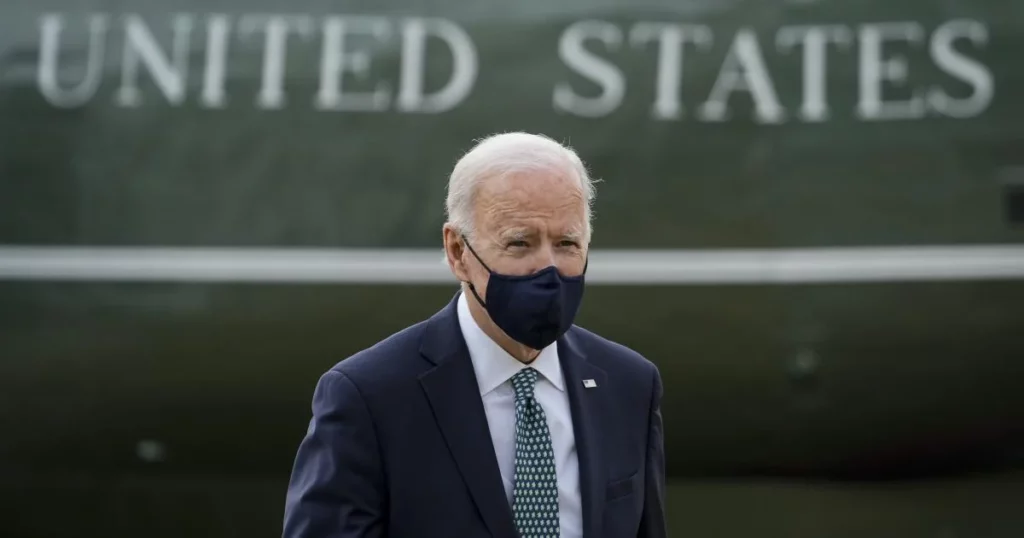
The United States, often heralded as the “Land of the Free,” has been a beacon for immigrants for centuries. Yet, the approach to immigration has oscillated with the changing tides of political leadership. Under President Joe Biden’s watch, the nation’s immigration stance has taken a distinct direction, one that has now been met with staunch opposition from 22 Republican-dominated states.
Biden’s audacious decision to permit a monthly influx of up to 30,000 migrants from South America and the Caribbean has ignited a firestorm of debate. While the essence of this policy may be steeped in humanitarian ideals, its tangible repercussions have raised a plethora of concerns. Critics are quick to point out that such a policy, particularly in an era where many Americans are grappling with economic uncertainties, is not just imprudent but also potentially detrimental.
The economic tribulations confronting many Americans are glaringly evident. From the skyscraper-filled horizons of major cities to the serene landscapes of rural America, challenges such as unemployment, inflation, and economic disparity loom large. In this context, the decision to welcome a significant influx of migrants, many of whom are in dire need of extensive assistance, has been met with a blend of skepticism and alarm.
Spearheading this opposition is Texas, a state that shares a vast border with Mexico and has a long, intricate history with immigration issues. Alongside 21 other GOP-led states, Texas has boldly stepped into the legal arena, challenging Biden’s policy in a federal court in Houston. Their primary grievance is centered around Biden’s humanitarian parole program. This program, aimed at offering residents from countries like Cuba, Haiti, Nicaragua, and Venezuela an opportunity for a two-year work stint in the U.S., has become a contentious issue.
These states, in a unified display of dissent, argue that the program is a glaring overstep by the Biden administration. They contend that it places an unwarranted burden on their resources and that the federal government’s utilization of its statutory parole authority is misaligned with its original intent, which is primarily for urgent humanitarian reasons or significant public benefit.
The statistics associated with this program paint a concerning picture. Since its rollout, the program has facilitated the entry of 72,000 Haitians, 63,000 Venezuelans, 41,000 Cubans, and 34,000 Nicaraguans into the U.S. Each of these individuals, while chasing the American dream, also leans heavily on taxpayer-funded resources, intensifying the economic pressure many citizens are already experiencing.
The broader Republican fraternity, encompassing both state and federal levels, has been vocal in their critique of the Biden administration’s border strategies. They firmly attribute the current influx of migrants to the reversal of Trump-era border security measures, which they believe were more adept at managing immigration and safeguarding national interests.
Several Republicans in Congress are even mulling over the drastic measure of halting funding to federal agencies that support such programs. Their viewpoint is unequivocal: immigration policies should strike a harmonious balance between humanitarian considerations and the nation’s economic and security interests.
As this legal confrontation unfolds, the eventual outcome remains cloaked in uncertainty. However, the collective voice of these 22 red states resonates clearly: the nation’s immigration policies warrant a comprehensive reassessment.
In conclusion, while the U.S. remains a symbol of hope for countless individuals across the globe, it’s crucial that immigration policies are formulated with a balanced, holistic perspective, intertwining compassion with the nation’s overarching economic and security objectives. The resolute stand of these 22 states accentuates the urgency of this equilibrium.
Source The Patriot journal
